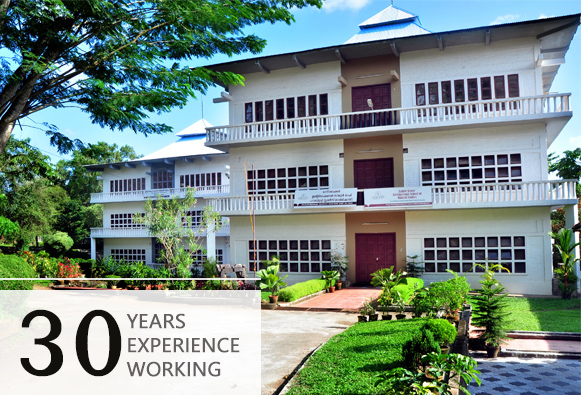The relevance & effectiveness of the Nirmithi model was internationally recognized at the 14th session of the United Nations Commission on Human Settlements (UNCHS) held at Nairobi, Kenya in 1993.
In 1996, during the Second United Conference on Human Settlements, Nirmithi was selected as ‘Global Best Practice’ by the United Nations for its initiative in the field of sustainable human settlements development.

